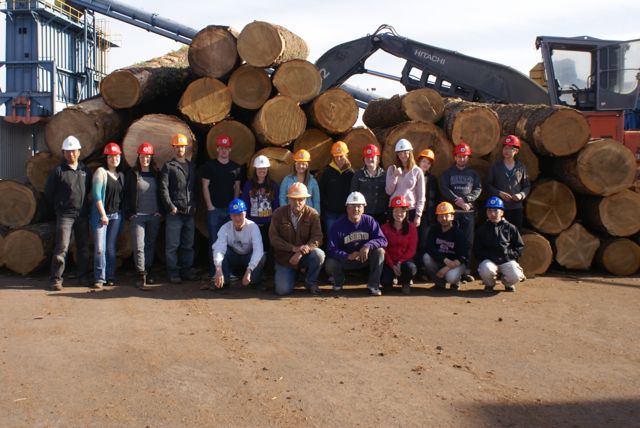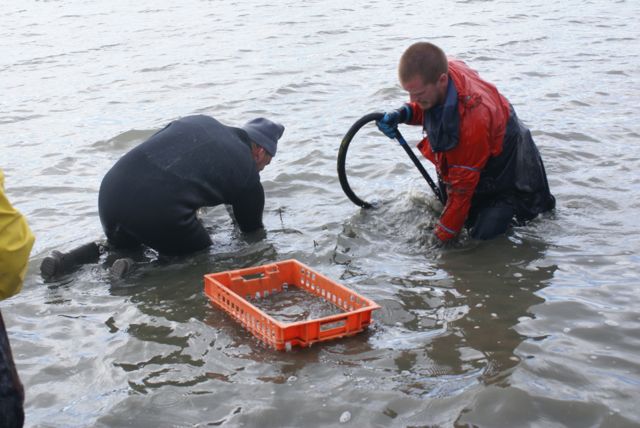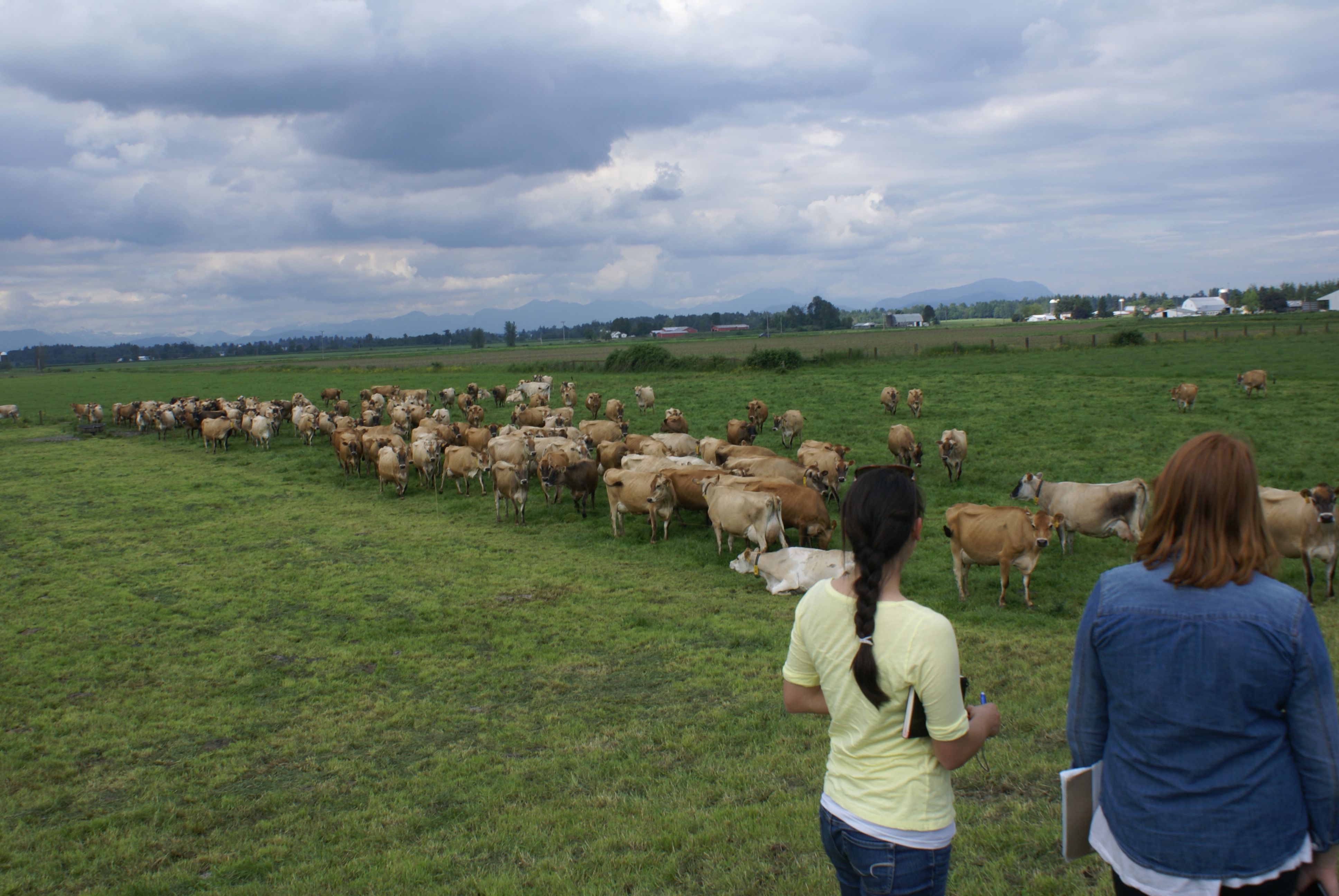 |
 |
 |
 |
 |
 |
|
Home Page Requirements Course Schedule Discussion Board Email the Class READINGS Introduction Forest General Forest Local Forest Post-Trip Aquaculture Ecology Aquaculture Politics Aquaculture Local Dairy General Dairy Local Dairy Post-Trip FIELD TRIPS Forest Products Aquaculture Dairy ESSAY ASSIGNMENTS Forest Products Shellfish Dairy |
Readings for Week 6: Fisheries, Shellfish, and GovernanceTuesday, May 2Today we want to look at fisheries from the viewpoint of economics, international trade, and international sanctions.We will begin by reading two articles that deal with the governance of common-property regimes in general:
In class, we will begin with a discussion of these issues, and then move on to a presentation by Dr. Tabitha Mallory on how governance relates to the current state of the world's fisheries. In preparation for her talk, please read a very recent article on global fishery prospects under contrasting regimes. Thursday, May 4Today we will look at aquaculture and the world food system from two standpoints: dietary protein and food safety.Dietary Protein First read Vaclav Smil's very informative paper on Nitrogen in Human Diets. Then read an FAO summary of the role of fish in providing protein and micronutrients. We will have a class discussion of the possibility that fish in general, and shellfish in particular, could improve the protein intake in countries with generally protein-deficient diets. Food Safety We read both a rather frightening account of what can go wrong, especially when we push productivity at the expense of resilience, and continue with:
|